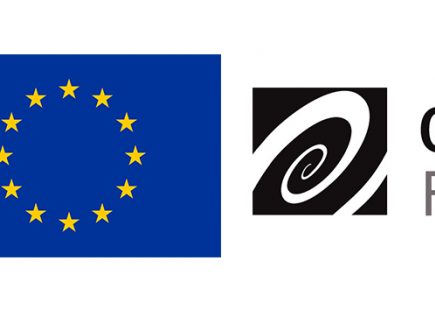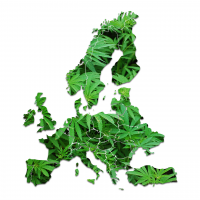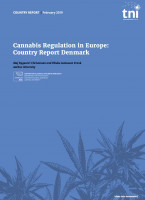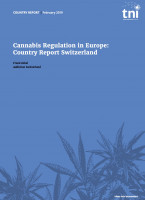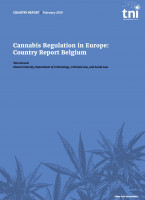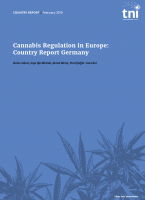Cannabis Regulation in Europe: Country Report Netherlands
Regions
The Netherlands has long been considered a leader of progressive drug policy, but it is increasingly being left behind by policy innovations outside Europe. Nonetheless Dutch cities are leading the way towards more progressive and locally adapted cannabis policies. Produced as part of a the "New Approaches in Harm Reduction Policies and Practices" project, this Country Report seeks to understand the drivers of Dutch cannabis policy today, and the possibilities for its future.
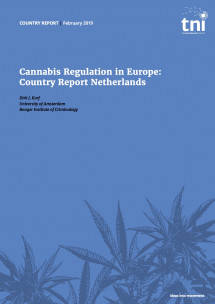
Downloads
-
Cannabis Regulation in Europe: Country Report Netherlands (PDF, 543.72 KB)Average time to read: 30 min minutes
-
In Spanish: La regulación del cannabis en Europa: informe sobre los Países Bajos (PDF, 562.22 KB)Average time to read: 30 min minutes
Authors

Although cannabis is an illicit drug in the Netherlands, marijuana and hashish are openly sold in so- called ‘coffeeshops’ – thereby probably representing the most widely known example of Dutch drug policy. Originally, these coffeeshops were café-like places, where users could buy and use small amounts of cannabis. In general, this is still the case, although today some coffeeshops function more as take- away stores where one can buy, but not use cannabis.
This project has been funded with support from the European Commission. The publications reflect the views only of the authors, and the European Commission cannot be held responsible for any use which may be made of the information contained therein.
